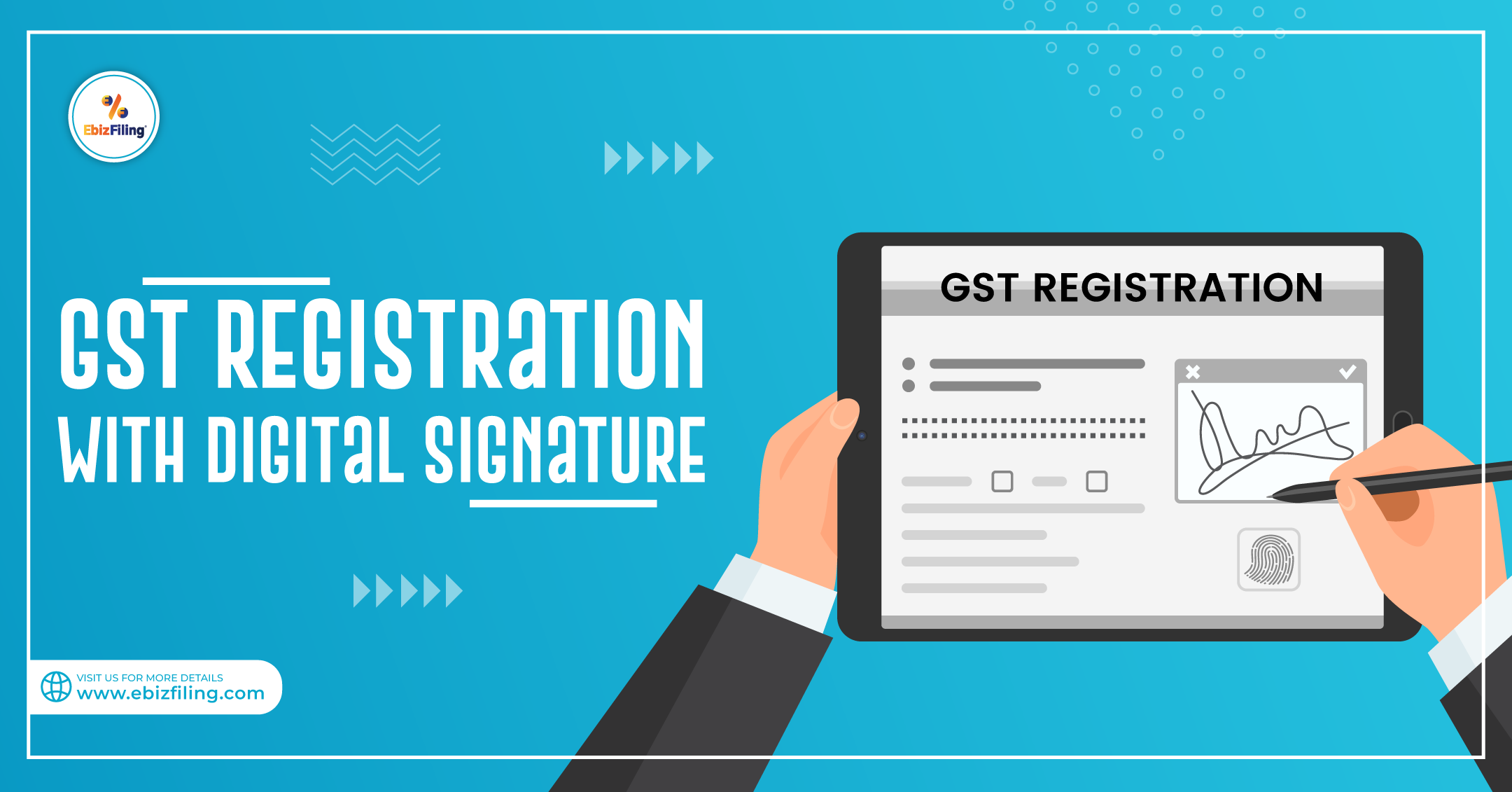Singapore GST Registration: What You Need to Know Prior To Using
Singapore GST Registration: What You Need to Know Prior To Using
Blog Article
Navigating the Intricacies of GST Registration: Expert Tips and Ideal Practices for Easier Conformity
From figuring out registration needs to utilizing technical tools for streamlined procedures, the journey in the direction of smoother GST compliance is complex and nuanced. Stay tuned to reveal important techniques and insights that can aid businesses guide through the complexities of GST registration with finesse and self-confidence.
Comprehending GST Enrollment Demands

Along with turn over limits, companies taking part in interstate sales or giving taxed solutions might additionally be required to register for GST, even if their turnover is below the suggested limit (Singapore GST Registration). Comprehending these thresholds and needs is crucial to stay clear of penalties and ensure smooth operations within the legal structure
Moreover, businesses should gather and prepare the required documents, such as proof of identification, address, service consolidation, and bank account details, before launching the GST registration process. Failing to offer accurate info or fulfill the enrollment deadlines can result in fines or various other lawful repercussions. Businesses should stay notified concerning the certain GST registration demands appropriate to their operations to keep compliance and prevent prospective problems.
Organizing Necessary Documents
Services getting started on the GST registration process must meticulously compile and organize the vital paperwork needed for entry. The crucial papers generally required for GST registration include proof of company enrollment or address, identity and consolidation evidence of business owners or companions, savings account details, evidence of principal business, and consent kinds. Guaranteeing that these files are conveniently available and arranged can streamline the enrollment procedure and protect against rejections or delays.
To properly organize necessary documentation, companies ought to develop a centralized system for keeping and categorizing the required paperwork (Singapore GST Registration). Making use of electronic storage space options can assist maintain very easy accessibility and ensure that records are safely saved. In addition, establishing a list of all needed records can work as a useful device to track what has been gathered and what is still needed for submission

Leveraging Modern Technology for Efficiency
Enhancing operational effectiveness with technical integration is critical for contemporary services navigating the complexities of GST enrollment. One of the key ways technology can assist in GST enrollment is with the use of automated software remedies.
Furthermore, innovation can assist in seamless interaction with tax authorities. On the internet websites and interaction tools make it possible for companies to submit papers, solve questions, and get updates in a more reliable manner. This not only quickens the registration procedure yet likewise assists in keeping dependable and clear communication with the pertinent authorities.
In addition, cloud-based storage services offer a secure system for organizations to shop and accessibility their monetary data, making certain compliance with GST record-keeping requirements. By centralizing information storage space and automating processes, services can improve their overall effectiveness and precision in GST enrollment procedures.
Proactive Compliance Tracking

To ensure reliable positive conformity surveillance, organizations ought to develop robust internal controls, conduct routine audits, and take advantage of automation tools for this link real-time monitoring of GST transactions. Normal training sessions for staff members on GST compliance requirements can likewise help in producing a culture of conformity within the company. Additionally, involving with tax experts or professionals can offer beneficial insights and advice on navigating intricate GST policies.
Involving With Expert Experts
Engaging experienced tax professionals can dramatically reinforce a firm's understanding and conformity with complex GST regulations. Professional professionals bring a wealth of knowledge and experience to the table, aiding businesses navigate the intricacies of GST enrollment effortlessly. By leveraging their expertise, business can make certain accurate filings, reduce the danger of mistakes, and remain current with the most up to date regulatory changes.
When involving with professional consultants, it is important to choose professionals with a strong track record in GST compliance (Singapore GST Registration). Try to find experts who have a deep understanding of the appropriate regulations and laws, along with experience collaborating with businesses in your market. Efficient interaction is crucial in this collaboration, so see to it to plainly define your expectations and establish regular touchpoints to review development and deal with any type of issues
Additionally, professional specialists can supply useful understandings and recommendations on enhancing your tax obligation approach, recognizing prospective cost-saving chances, and streamlining your compliance processes. Overall, spending in specialist consultancy solutions can go a lengthy method in making sure smoother GST compliance and avoiding costly blunders.
Verdict
Finally, navigating the complexities of GST enrollment requires an extensive understanding of the review requirements, company of necessary documents, leveraging modern technology for performance, positive conformity tracking, and interaction with expert professionals. By complying with these best techniques, services can make sure smoother compliance with GST guidelines and prevent possible charges or fines. It is necessary to remain informed, positive, and persistent in handling GST enrollment to maintain conformity and support economic stability.
To ensure conformity with tax obligation guidelines, companies should thoroughly comprehend the detailed requirements for GST enrollment. Goods and Provider Tax (GST) is a value-added tax obligation imposed on many products and services in a nation, making it crucial for services to sign up for GST to avoid lawful consequences.Additionally, organizations must gather and prepare the needed documents, such as evidence of identity, address, company unification, and financial institution account information, before starting the GST enrollment procedure. Organizations ought to remain educated concerning the specific GST registration demands relevant to their operations to maintain compliance and avoid possible issues.
The vital records usually required for GST registration include proof of company registration or identification, address and unification evidence of the organization proprietors or companions, financial institution account information, evidence of primary location of company, and consent types.
Report this page